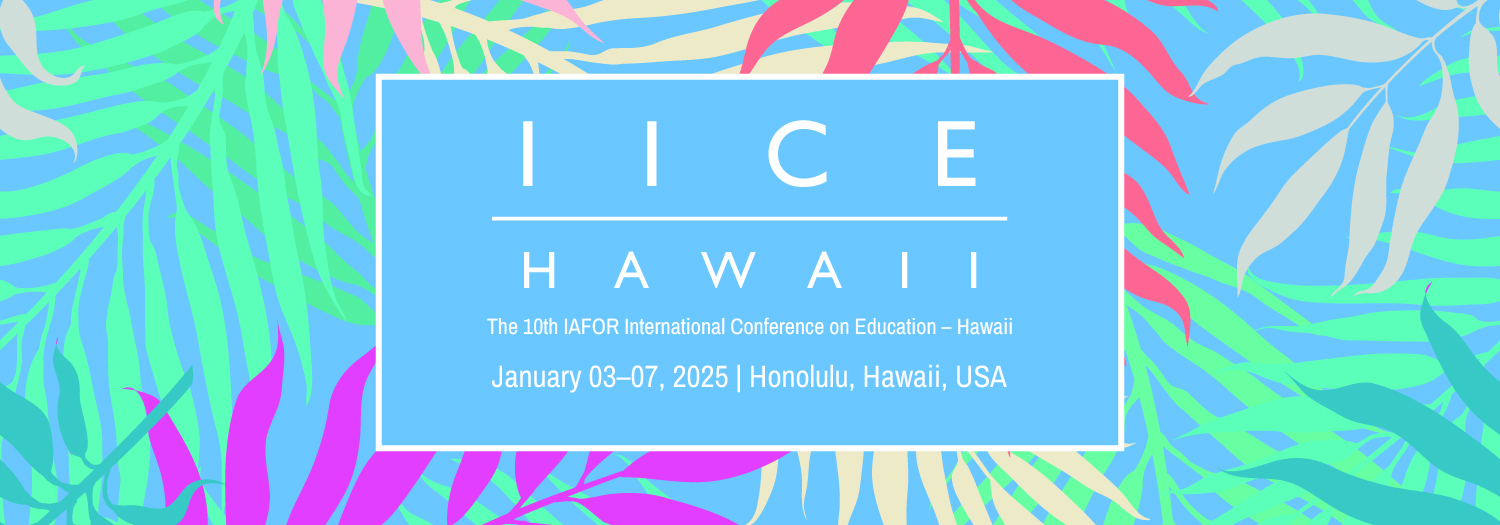The Role of Food Literacy, Beliefs, and Social Cognition in the Sustainable Food Choices of Youth (65949)
Session Chair: Kerrie Pickering
Saturday, January 7, 2023 (10:55)
Session: Session 2
Room: 323B
Presentation Type:Oral Presentation
The impact of agri-food systems on the global environment is far reaching, affecting water use, greenhouse gas emissions, and land use; indeed, agriculture is one of the most environmentally damaging industries on the planet. A shift towards a more sustainable food system is necessary, and youth are poised as key actors to affect this change through demand behaviour. However, information is limited on their level of education around sustainable food, their current level of engagement, and the predictors for adopting sustainable diets. We sought to address these deficits through the lens of The Transtheoretical Model of Behaviour (Prochaska & Velicer, 1997) with a survey sample of 18-25 yr old Canadians (n=614) and application of the newly developed Food Literacy scale (Park et al., 2020). Respondents varied in their action stages across the 15 dietary behaviours examined, with decreasing food waste showing the highest number of youth in the action stage, and reducing dairy consumption and reducing red meat consumption the highest number in the precontemplation stage (‘not doing this and not willing to’). Results from multinomial logistic regression analysis highlight the importance of food literacy, belief around the efficacy of the behaviour, and social norms in predicting engagement for several behaviours. We discuss these findings in the context of food literacy initiatives and education campaigns around promoting attitude change amongst youth.
Authors:
Gary Pickering, Brock University, Canada
Shannon Ruzgys, Brock University, Canada
About the Presenter(s)
Gary is a full Professor at Brock University in Niagara, Canada. His research focuses on the drivers of human food choice and climate change psychology. He is on the 2023 Stanford University list of the world's top 2% most influential scientists.
Connect on ResearchGate
https://www.researchgate.net/profile/Gary-Pickering
See this presentation on the full schedule – Schedule








Comments
Powered by WP LinkPress